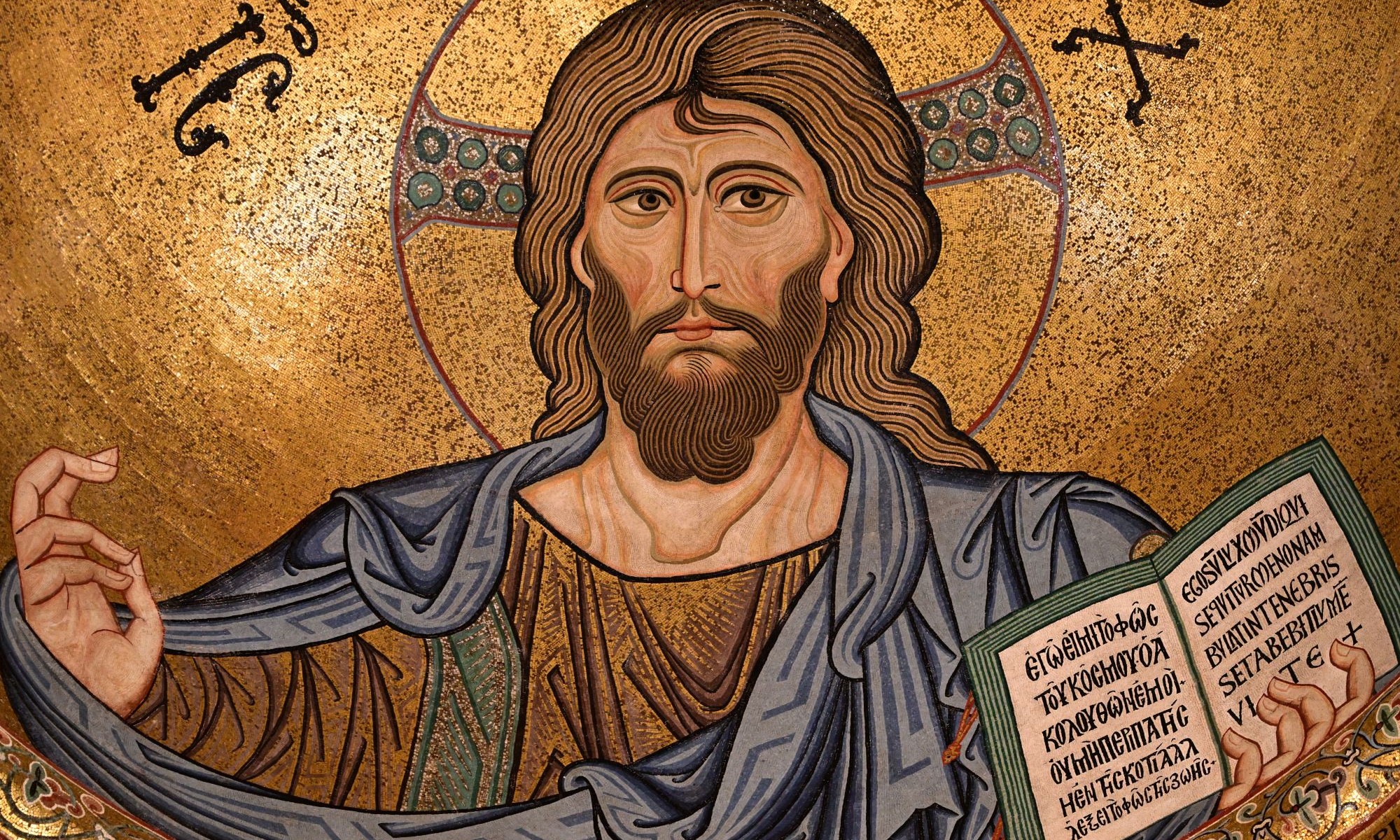Easter Sunday, 2024. Year B.
Readings: 1 Corinthians 15:1-11 & John 20:1-18.
I remember many years ago taking a spring holiday driving around southern Greece, and on a particular Saturday ending up in Patras, which is not a city I recommend if you are ever looking for accommodation that is both cheap and clean. Anyway, as we were prowling the city centre late at night looking, futilely, for somewhere to have dinner, suddenly the doors of a church we were passing were flung open and a crowd of Greeks emerged shouting happily at the tops of their voices. It took us a while to realise that this was Orthodox Holy Saturday, and they were shouting Christ is risen in Greek.
Like them, we are proudly proclaiming the most joyous day, not just of the year, but of eternity. This is the day that divinely overturns the human verdict of Good Friday. The day that delivers on the promise of Christmas Day. And the seventh day that completes the work of the first six days of creation.
It is often a peculiarity of our church calendar that two events that were originally widely separated in time fall within a single year’s calendar on close dates. Jesus’ presentation in the temple and his baptism for example, despite being separated by thirty or more years, occur only weeks apart in our observations.
It would be easy to assume, from the outside, that Easter was a circumstantial coincidence like this. It seems extraordinary that Jesus could go from broken agony to triumphant glory within the space of three days. It hardly feels like we have had a chance to come to terms with the tragedy of Good Friday before we are overwhelmed by the joy of Easter Sunday. Where is the time to process our grief?
And yet how much more of a whirlwind must it have been for those who knew Jesus in person. His disciples, overcome I am sure with not just sorrow, but also guilt at how they had behaved at the time of trial. The women, including his mother, who had stayed true and had stood and watched every moment of his agonising death. For them surely, a blessing that their despair could be so quickly turned into joy.
People that I work with, when they find out that I am a Christian, exhibit a range of reactions. One of the strangest to me, but building on a popular trope, is that I will disapprove of anything that looks like fun. I like to point out to them that Jesus was someone who appreciated a good party as much as the next person. How many of his parables involve feasts. I don’t know where generations of Christians have got the idea that enjoyment is ungodly, but it is not from the gospels that I read. Yes, God has rules for us. But these are not arbitrary rules and prohibitions. Jesus said, love God and love your neighbour, and at essence the rules that God gives us are about loving our neighbours – our fellow people. God condemns fornication and adultery through Paul for example, not because he objects to people having fun, but because it is a betrayal of a relationship. We do not love our neighbour if we betray them, or exploit them, or demean them, or gossip about them, or lie to or about them. We do love our neighbour when we rejoice with them, laugh with them, dance with them, or cry with them. And when we rejoice, laugh, dance and cry with them, we are also rejoicing, laughing, dancing and crying with God as well.
Joy in God’s own creation is right with God, for his own Son becomes part of that creation, not just once, but for a second time this morning, perfected by the sacrifice of the cross, but not perfected into an abstract spirituality, but into a concrete joyous reality, that once again meets, eats, drinks, laughs and rejoices with his followers.
We have, this morning, been given good news. Let us go out and share the joy of the knowledge and love of God with everyone we meet.
Amen
